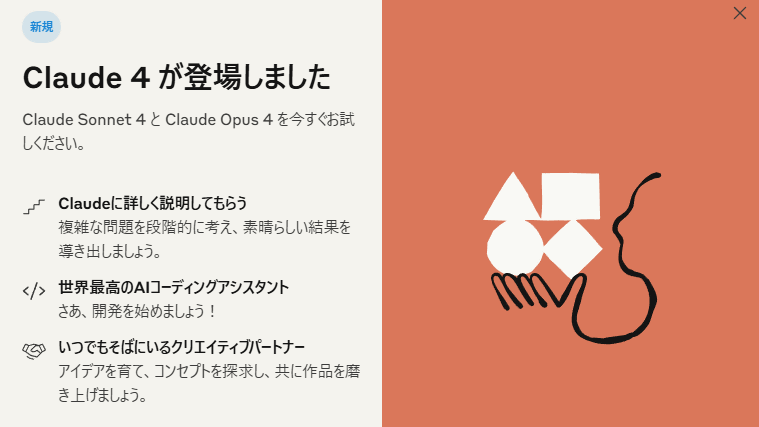Anthropic’s Claude Sonnet 4 AI Smashes Context Window Record

Anthropic’s Claude Sonnet 4 Breaks Boundaries with 1 Million Token Context Window
Anthropic has just announced a dramatic leap in AI model capabilities by expanding the context window of its Claude Sonnet 4 model to an unprecedented one million tokens — far outpacing competitors and rewriting what’s possible for generative AI in industry and research[1]. This breakthrough allows organizations to submit inputs containing up to 750,000 words, unlocking scalable analysis for entire books, massive legal documents, or 75,000 lines of code in one go.
Why This Context Expansion Matters
The ability to handle such massive inputs represents a step-change for both developers and enterprise AI adoption:
- Fivefold increase over Claude’s previous 200,000 token limit.[1]
- More than double the context window of OpenAI’s GPT-5 at 400,000 tokens, closing the gap on coding and long-context reasoning use-cases[1].
- Enables never-before-possible workflows: bulk codebase audits, comprehensive compliance checks, and large-scale summarization tasks in a single request.
Brad Abrams, Anthropic’s product lead, emphasizes the scale of this innovation for coding assistants and enterprise API customers, with major productivity gains expected for platforms relying on Claude Sonnet 4[1].
Competitive Pressures and Enterprise AI Arms Race
Anthropic’s move comes amid fierce competition from OpenAI’s newly released GPT-5, now winning developer mindshare with strong coding performance and aggressive pricing. While GPT-5 is becoming the default model for leading platforms like Cursor, Anthropic is betting that unmatched context length will keep Claude central in critical coding workflows[1].
The expanded context window is immediately accessible to API customers and integrated through major cloud partners such as Amazon Bedrock and Google Cloud Vertex AI, streamlining large-scale AI deployments in enterprise settings[1].
Implications for the Future of Large Language Models
Experts view this leap as more than a mere technical feature: it signals a maturation in the AI industry’s ability to handle genuinely massive and complex information in a single pass. Long-context reasoning is especially valuable in law, enterprise knowledge management, and code engineering—areas that demand robust comprehension over vast inputs.
Abrams projects a "lot of benefit" for AI coding platforms and developers, expecting rapid workflow transformation. Yet with OpenAI and others quickly closing the gap, industry observers suggest the context window race will drive both capability and cost competitiveness at scale.
How Communities View Claude Sonnet 4’s Million-Token Breakthrough
Debates on X/Twitter and Reddit erupted within hours of the announcement. The main threads broke down as follows:
-
Enterprise Developers Elated (40%)
- Many, including @jasoncoder and @ai_automation, hailed this as "a godsend for code audits" and "finally viable for end-to-end software traceability."
- On r/MachineLearning, developers discussed new possibilities for analyzing huge codebases, with one post receiving over 2,000 upvotes: “The 1M window is a life-saver for legal and legacy migration.”
-
Skeptics Question Practical Impact (20%)
- Some, like @mlskeptic and r/artificial critics, wonder if memory and inference costs will negate usability. “How fast will inference actually be?” was a recurring question.
-
OpenAI Partisans Tout GPT-5 (25%)
- Loyalists argued GPT-5's coding prowess still wins, with @truell (Cursor CEO) noting on X: “Context is one thing, output quality another—GPT-5 delivers real-world dev results.”
- A top Reddit comment on r/programming: “Claude’s bigger window won’t matter if OpenAI keeps outcompeting on price and accuracy.”
-
Industry Experts See Signals of a Paradigm Shift (15%)
- Notables like @emilybender and @garymarcus weighed in, calling this "the beginning of long-context AI outcompeting knowledge workers on complex reasoning."
Sentiment: Overall, communities are excited but cautiously optimistic—balanced between initial hype, practical deployment questions, and competitive benchmarking against OpenAI.